Delving into the Essence of Self: A Comprehensive Guide to Self Concept Maps
Related Articles: Delving into the Essence of Self: A Comprehensive Guide to Self Concept Maps
Introduction
With great pleasure, we will explore the intriguing topic related to Delving into the Essence of Self: A Comprehensive Guide to Self Concept Maps. Let’s weave interesting information and offer fresh perspectives to the readers.
Table of Content
- 1 Related Articles: Delving into the Essence of Self: A Comprehensive Guide to Self Concept Maps
- 2 Introduction
- 3 Delving into the Essence of Self: A Comprehensive Guide to Self Concept Maps
- 3.1 Defining the Self Concept Map: A Visual Representation of Identity
- 3.2 The Components of a Self Concept Map: Unveiling the Layers of Identity
- 3.3 Constructing a Self Concept Map: A Journey of Self-Discovery
- 3.4 The Benefits of Self Concept Maps: Unlocking Personal Growth and Insight
- 3.5 Self Concept Maps: A Tool for All Ages and Stages
- 3.6 FAQs: Addressing Common Questions about Self Concept Maps
- 3.7 Tips for Creating a Meaningful Self Concept Map
- 3.8 Conclusion: Embracing the Power of Self-Reflection
- 4 Closure
Delving into the Essence of Self: A Comprehensive Guide to Self Concept Maps

The human experience is a complex tapestry woven from myriad threads: thoughts, emotions, beliefs, experiences, and relationships. Understanding the intricate interplay of these threads is crucial for navigating life’s challenges and realizing one’s full potential. This is where the concept of a self concept map emerges, offering a powerful tool for self-discovery and personal growth.
Defining the Self Concept Map: A Visual Representation of Identity
A self concept map, often referred to as a self-portrait or identity map, is a visual representation of an individual’s self-perception. It serves as a framework for exploring and understanding the various facets of one’s identity, encompassing beliefs, values, strengths, weaknesses, aspirations, and even fears. By visually mapping these elements, individuals gain a clearer picture of their internal landscape, fostering self-awareness and facilitating personal development.
The Components of a Self Concept Map: Unveiling the Layers of Identity
A well-constructed self concept map typically incorporates several key components, each offering a unique perspective on the individual’s self-perception:
- Core Values: These are the fundamental principles that guide an individual’s decisions and actions. They serve as the bedrock of one’s moral compass and influence how one interacts with the world. Examples include honesty, integrity, compassion, and kindness.
- Strengths and Weaknesses: Recognizing one’s strengths and weaknesses is essential for personal growth. Strengths provide a foundation for confidence and success, while acknowledging weaknesses allows for targeted development and improvement.
- Skills and Abilities: This aspect focuses on the specific talents and proficiencies an individual possesses. Identifying these skills can inform career choices, personal pursuits, and overall life satisfaction.
- Interests and Hobbies: Exploring one’s interests and hobbies reveals passions and areas of genuine enjoyment. This can lead to fulfilling activities, personal enrichment, and a sense of purpose.
- Goals and Aspirations: This component delves into the individual’s future aspirations and ambitions. Setting clear goals provides direction and motivation, driving personal growth and achievement.
- Relationships: The quality of relationships significantly impacts an individual’s well-being and self-concept. Mapping significant relationships can reveal areas of support, conflict, or potential for growth.
- Beliefs and Attitudes: These are the deeply held convictions and perspectives that shape an individual’s outlook on life. Exploring these beliefs can uncover biases, assumptions, and potential areas for personal transformation.
- Fears and Challenges: Acknowledging and addressing fears and challenges is crucial for personal growth. By confronting these obstacles, individuals can build resilience and overcome limitations.
Constructing a Self Concept Map: A Journey of Self-Discovery
Creating a self concept map is a personal and introspective process. There is no one-size-fits-all approach; the map should be tailored to the individual’s unique needs and goals. Here’s a step-by-step guide to constructing a meaningful self concept map:
- Gather Materials: Choose a comfortable and quiet space. Gather materials such as paper, pens, markers, or even a digital drawing tool.
- Start with the Center: Begin by writing your name or a symbolic representation of yourself at the center of the paper.
- Branching Out: From the center, draw lines or branches representing the key components of your self-concept. Label each branch with a relevant category, such as "Values," "Strengths," "Interests," or "Goals."
- Filling in the Details: Under each branch, write down specific examples, qualities, or experiences related to that category. For example, under "Values," list your top three values and provide brief explanations of why they are important to you.
- Visual Representation: Use different colors, shapes, or symbols to visually represent different aspects of your self-concept. This can add depth and meaning to your map.
- Reflection and Revision: Once you have completed your initial map, take time to reflect on what you have created. Are there any areas you want to explore further? Are there any insights you gained from the process? Feel free to revise and refine your map as needed.
The Benefits of Self Concept Maps: Unlocking Personal Growth and Insight
Utilizing a self concept map offers a multitude of benefits, empowering individuals to navigate life with greater clarity, purpose, and fulfillment:
- Enhanced Self-Awareness: By visually mapping various aspects of one’s self-concept, individuals gain a deeper understanding of their thoughts, feelings, and motivations. This heightened self-awareness fosters greater self-compassion and acceptance.
- Improved Decision-Making: Understanding one’s values, strengths, and goals provides a solid foundation for making informed decisions that align with personal values and aspirations.
- Increased Motivation and Focus: Setting clear goals and visualizing them on a self concept map can serve as a powerful motivator, guiding actions and fostering a sense of purpose.
- Effective Goal Setting: By identifying areas for improvement and personal growth, individuals can set realistic and attainable goals, maximizing their chances of success.
- Improved Communication: Understanding one’s own self-concept can enhance communication skills, enabling individuals to articulate their needs, values, and perspectives more effectively.
- Personal Growth and Transformation: The process of creating and reflecting on a self concept map can trigger personal growth and transformation, leading to positive changes in behavior, beliefs, and overall well-being.
Self Concept Maps: A Tool for All Ages and Stages
The benefits of self concept maps extend beyond individual growth; they can be valuable tools for various contexts:
- Education: Teachers can utilize self concept maps in classrooms to help students explore their interests, strengths, and learning styles.
- Counseling and Therapy: Therapists often employ self concept maps to facilitate self-discovery and address emotional challenges.
- Career Development: Job seekers can use self concept maps to identify their skills, interests, and career aspirations, aiding in career exploration and decision-making.
- Personal Development: Individuals at all stages of life can benefit from creating self concept maps to foster self-awareness, set goals, and navigate personal challenges.
FAQs: Addressing Common Questions about Self Concept Maps
Q: How often should I create a self concept map?
A: There is no set frequency for creating self concept maps. Some individuals may benefit from creating a new map every few months, while others may find it helpful to revisit their map annually or even less frequently. The key is to create a map when you feel the need for self-reflection and personal growth.
Q: What if I don’t know my values or strengths?
A: It’s perfectly normal to feel uncertain about your values or strengths. The process of creating a self concept map can help you uncover these aspects of yourself. Consider asking yourself questions like: "What is important to me in life?" "What am I good at?" "What brings me joy?"
Q: Can I use a self concept map for goal setting?
A: Absolutely! Self concept maps can be a powerful tool for goal setting. By identifying your aspirations and aligning them with your values and strengths, you can create goals that are both meaningful and achievable.
Q: Is there a right or wrong way to create a self concept map?
A: There is no single right or wrong way to create a self concept map. The process should be personalized and tailored to your individual needs. Feel free to experiment with different formats, colors, and symbols to make the map meaningful to you.
Tips for Creating a Meaningful Self Concept Map
- Be Honest and Authentic: The most valuable self concept maps are those that reflect your true self, without judgment or pretense.
- Embrace Your Uniqueness: Everyone’s self concept map is unique. Don’t compare yourself to others; focus on what makes you special.
- Be Open to Change: Your self-concept is not static; it evolves over time. Be open to new experiences and perspectives that may shape your identity.
- Don’t Be Afraid to Experiment: Experiment with different formats, colors, and symbols to create a map that resonates with you.
- Share Your Map (Optional): If you feel comfortable, share your map with a trusted friend, family member, or therapist. They may offer valuable insights or support.
Conclusion: Embracing the Power of Self-Reflection
The self concept map is a valuable tool for navigating the complexities of human experience. By fostering self-awareness, promoting personal growth, and providing a framework for goal setting, it empowers individuals to live more fulfilling and meaningful lives. Through the process of creating and reflecting on a self concept map, individuals can uncover their unique strengths, values, and aspirations, ultimately leading to a deeper understanding of their true selves.
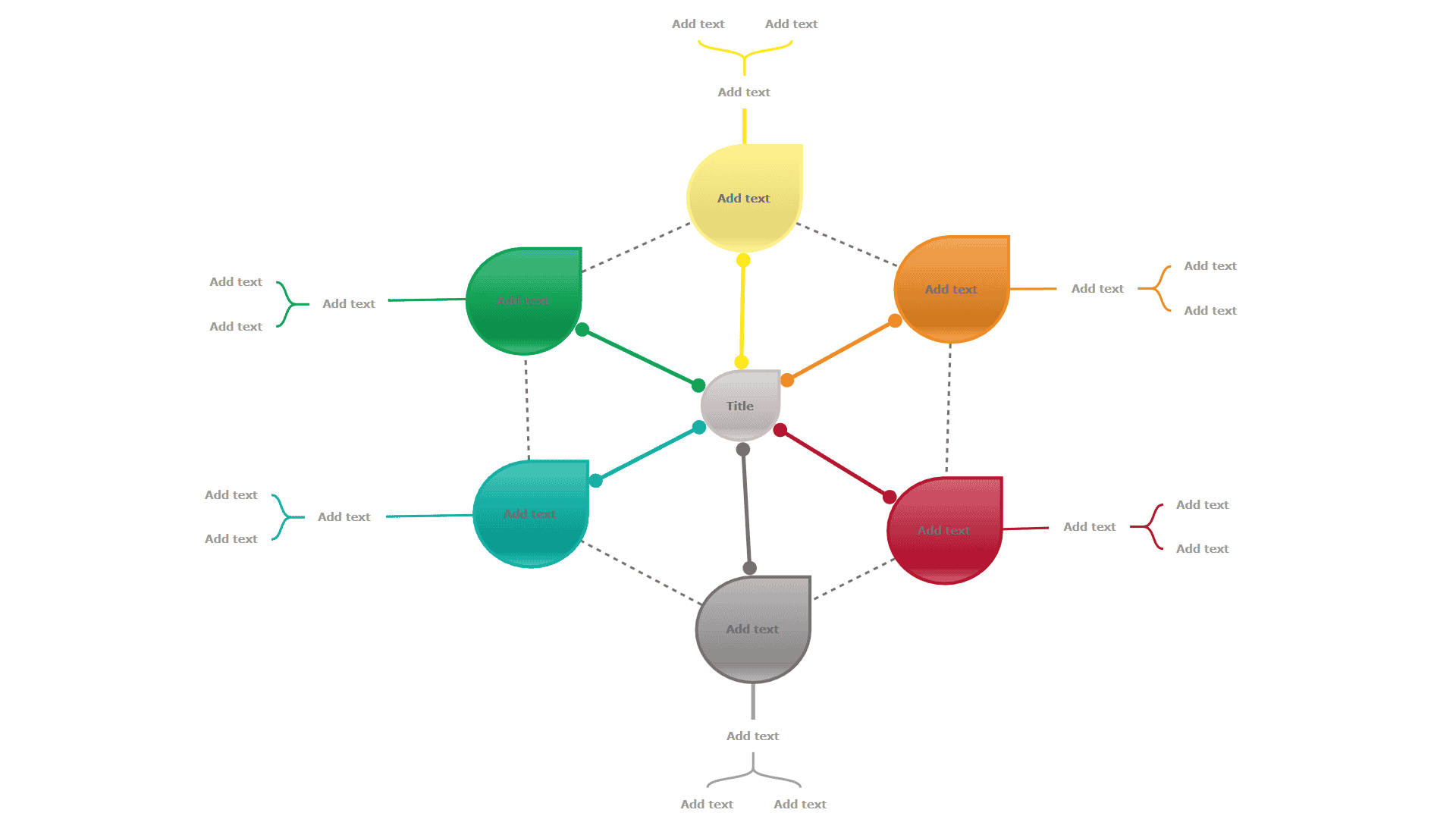
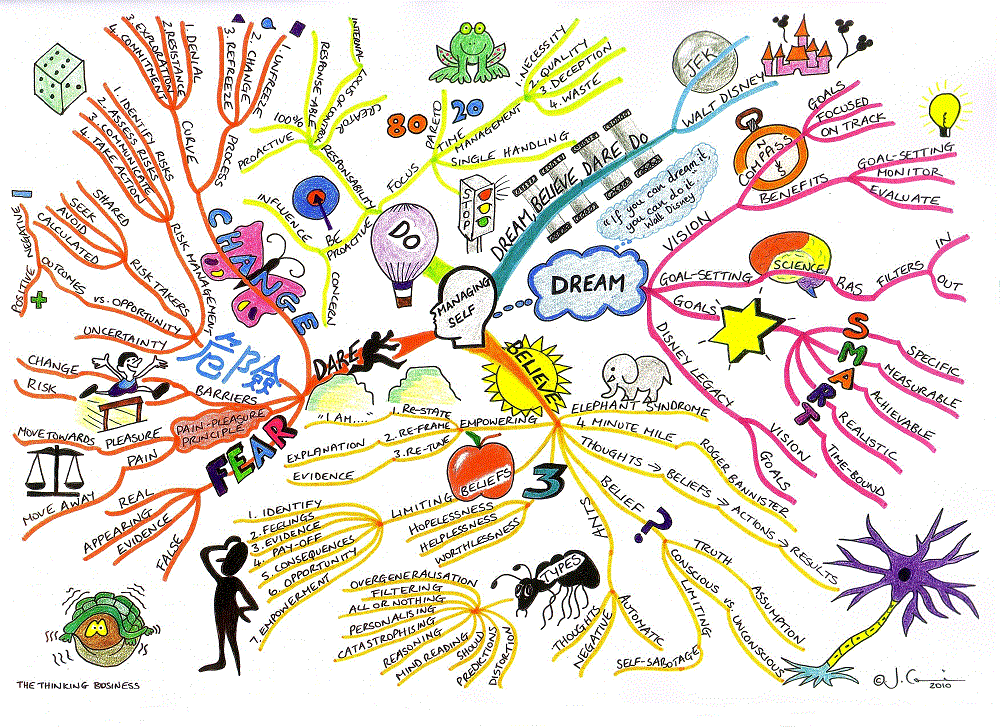
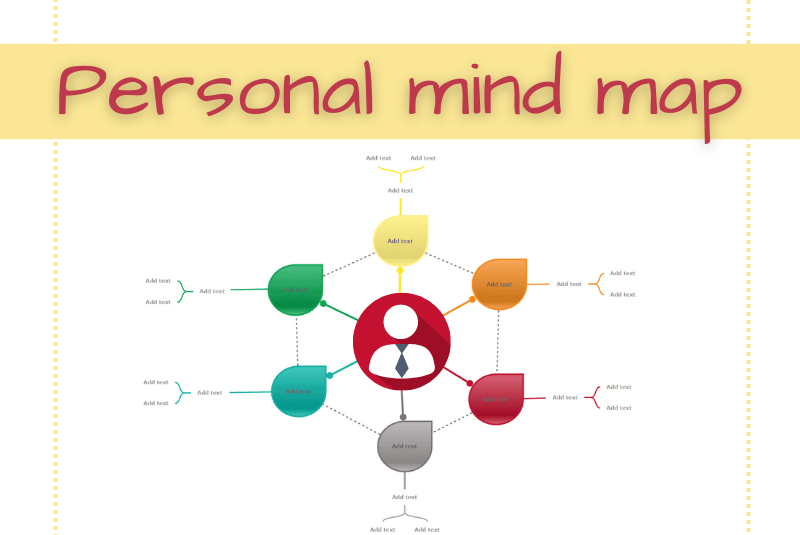

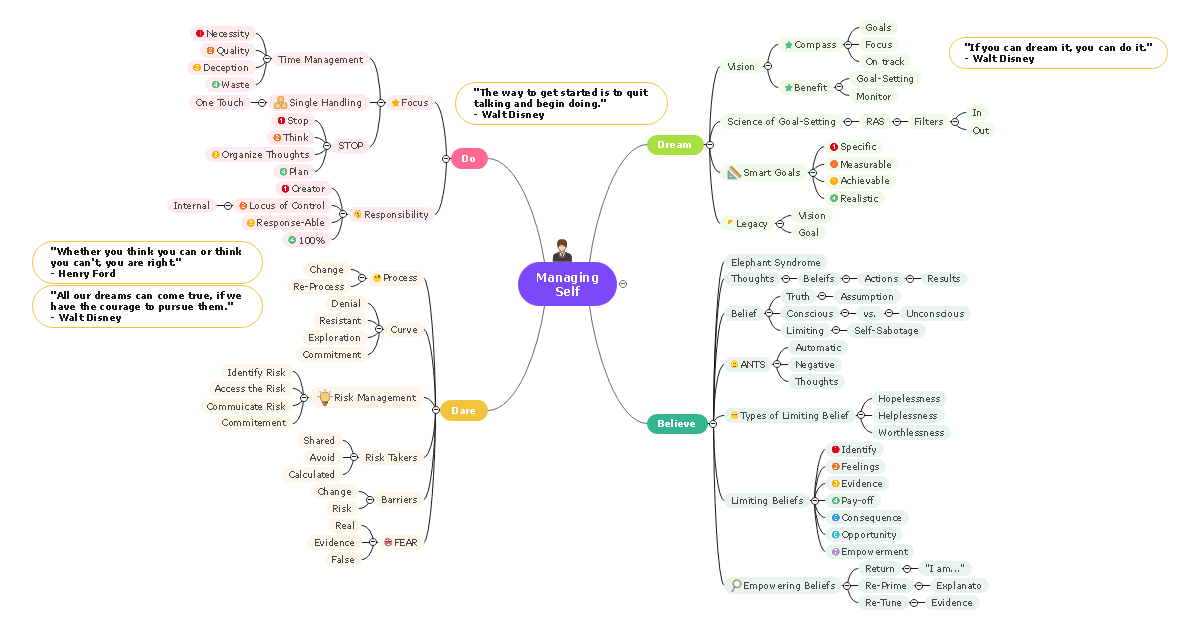
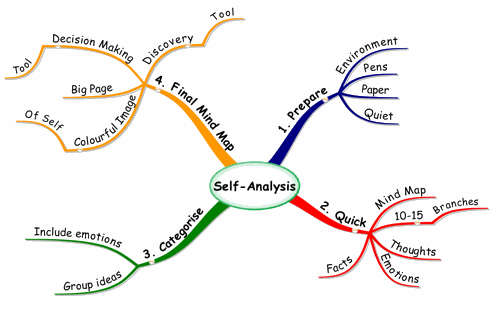
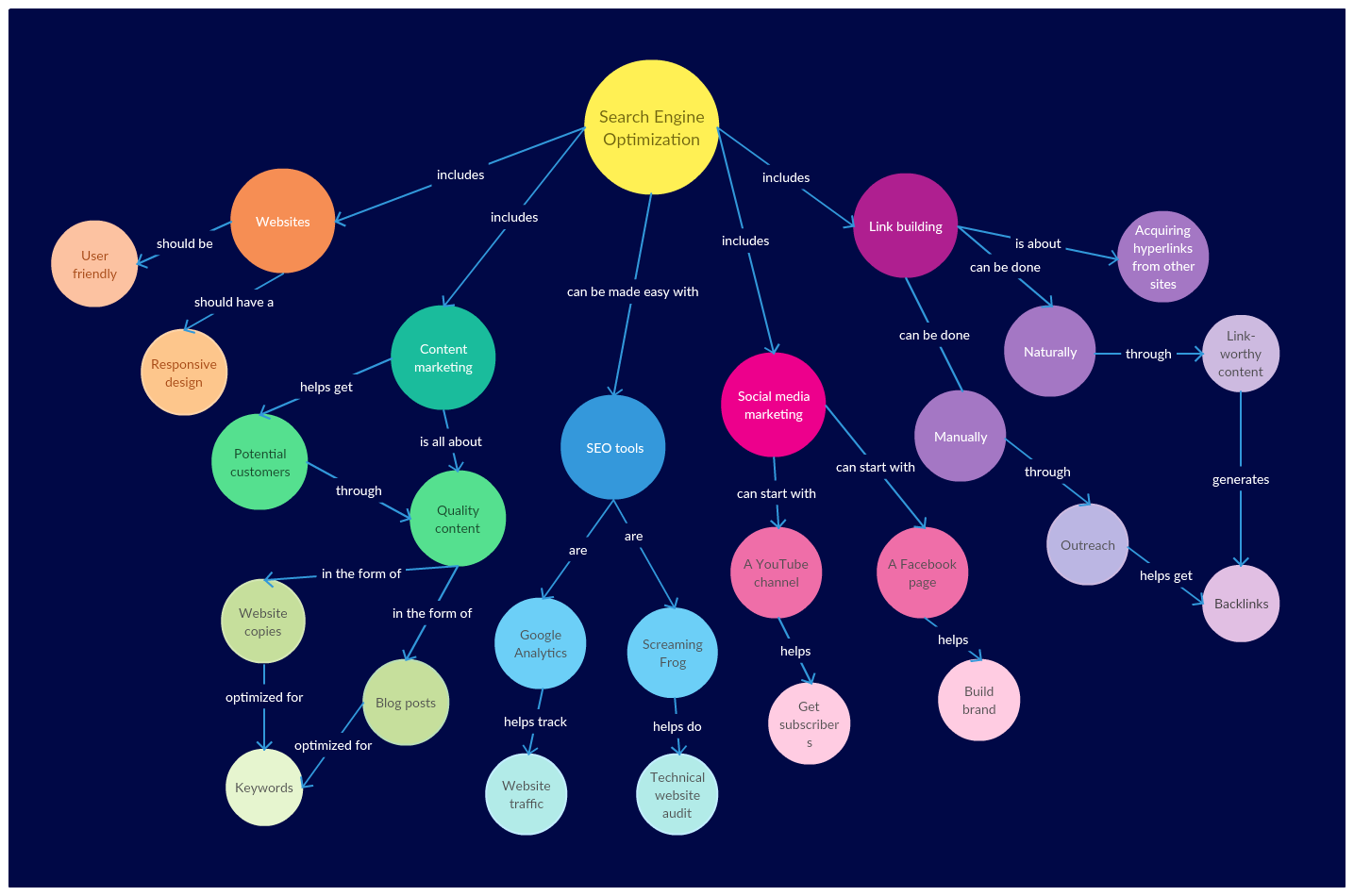

Closure
Thus, we hope this article has provided valuable insights into Delving into the Essence of Self: A Comprehensive Guide to Self Concept Maps. We appreciate your attention to our article. See you in our next article!
